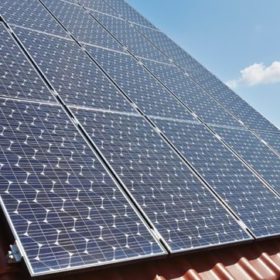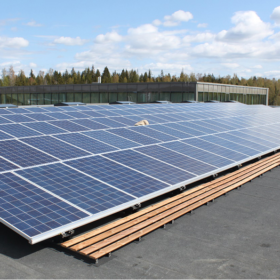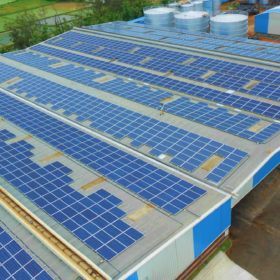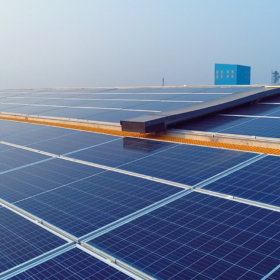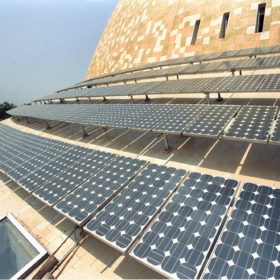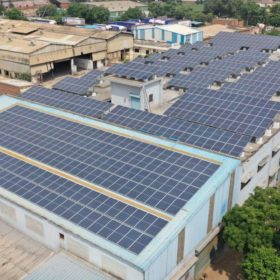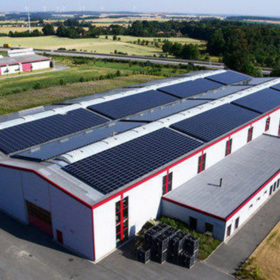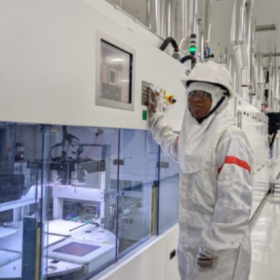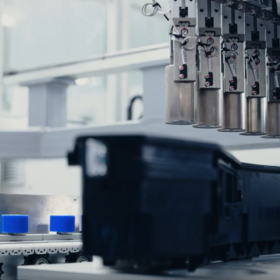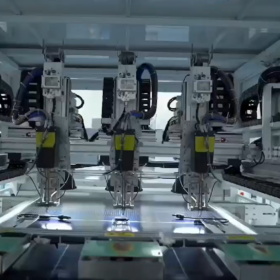Telangana tenders for residential rooftop solar
Bids are invited to install and commission various capacities (11-500 kWp) of grid-connected rooftop solar plants at individual households and residential buildings across the state. Bidding closes on November 25.
AAI’s Deoghar airport to get a solar rooftop
The Airports Authority of India Limited has invited bids to set up a 330 kWp (DC) grid-connected solar power system at Deoghar Airport in Jharkhand. Bidding closes on December 1.
Rooftop solar market in 2020
It has been a rocky year for installers with issues like availability of modules from Chinese suppliers, restricted construction due to local lockdowns, and uncertainty over import duties. Going forward, the market could see a dramatic rebound if net-metering is allowed with a current cap of 1 MW and re-introduced in the states that have shifted to gross-metering.
State-owned renewables funding body aims for Rs2406 crore income this year
The Indian Renewable Energy Development Agency provides loans for clean power and energy efficiency projects. Its gross income in the last fiscal year rose to INR2372 crore – around 17% growth over the previous year’s INR2022 crore.
Best Power Equipments bets on solar
The electronics manufacturer says it will switch focus to solar panels and lithium battery storage as it launches an inverter series for rooftop PV.
India added 883 MW of rooftop solar in nine months despite Covid-19
With 380 MW of generation capacity, Gujarat accounted for 43% of new rooftop solar installations during the January-to-September period.
Madhya Pradesh tenders for 30 MW rooftop solar
Developers have until November 27 to bid for the grid-connected solar projects. The capacity—to be developed in RESCO mode—shall come in various public and private sector buildings across the state. Bidding closes on November 27.
Manufacturing a green solar bounce in India
The nation must look at innovative PV technologies that are low-cost and can be applied in a vast range of new applications.
Pune bus depots to get solar roofs
Developers have until November 18 to lodge bids to install 10 MW of rooftop generation capacity across bus depots, workshops, and charging stations.
SunAlpha installs 12 MW rooftop solar for food processing
The EPC contractor aims to exceed 30 MW of installed solar for the food processing sector by the end of this fiscal, enabling the clients to save at least INR 30 crore per year.
